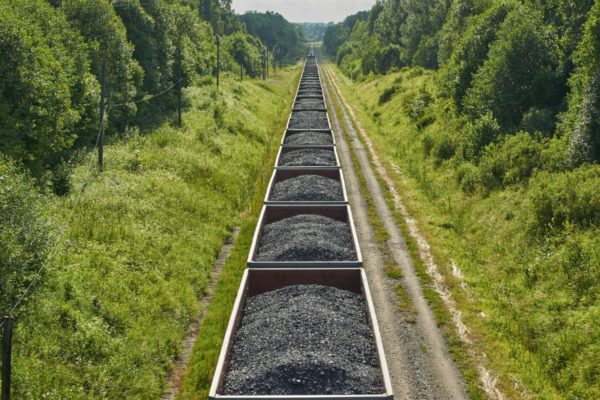The Department of Energy and Federal Energy Regulatory Commission (FERC) are currently debating a rule designed, in part, to subsidize coal-fired power plants that have struggled to compete with less expensive gas-fired, wind and solar generators in electricity markets.
The Trump administration says the subsidies are necessary to ensure system reliability. They are not.
Instead, this proposal is a symbolic political gesture, only understandable as a sop to coal companies and a swipe at environmentalists and the Obama administration.
Which is not to suggest we shouldn’t worry about the reliability of the electric system. There are legitimate questions to be asked about how competitive markets will ensure a reliable electric supply since, unlike traditional public utility regulation, competitive markets do not offer power plant owners predictable streams of revenue that make them want to build a plant in the first place. Plus, as intermittent resources such as wind and solar command a larger share of the generation mix, the system will undoubtedly need more reliable backup supplies.
That said, grid operators understand this risk and are managing it well all over the country. From California to Texas to Minnesota, they have been able to integrate much larger amounts of renewable power into the grid than anyone thought possible, without jeopardizing reliability. And they are planning for the future too — albeit differently in different places.
In some parts of the country market managers hold auctions for the excess capacity they might need in an emergency. Some regions encourage demand-side measures, rewarding customers who conserve, or who are willing to shift their electricity consumption from peak to off-peak periods. Others are encouraging “behind the meter” (customer-owned) generation such as rooftop solar panels, while still others are installing batteries and other forms of electricity storage to improve system reliability. And, some states are subsidizing old nuclear power stations to ensure they don’t leave the system.
Why subsidize nuclear and not coal? Because nuclear does not kill tens of thousands of Americans prematurely each year. Coal does.
Coal companies and their patrons in the Trump administration suggest coal-fired power plants are more reliable because they maintain a fuel supply on site, while natural-gas-fired power plants obtain their fuel in real time through the pipeline system. But this too is a red herring: Shipments of coal by rail are as interruptible as shipments of natural gas by pipeline. For example, Hurricane Harvey forced one Texas coal plant to switch to gas when its coal pile became saturated and unusable.
The truth is that we do not need coal-fired power to ensure system reliability, a reality that is widely accepted by experts across the political spectrum. The grid of the future will value flexibility — the ability to react quickly to sudden changes in demand or supply. Coal-fired power plants can’t do that.
Batteries, natural-gas-fired generation, pumped-storage hydroelectric power and demand response are nimble and flexible. And, by the way, a lot cleaner than coal. Those sources are all going to be far more valuable in the future than old coal-fired power plants, as virtually every grid operator in the country knows.
Secretary of Energy Rick Perry understands this too. He was the governor when Texas developed the country’s most competitive electricity market, one in which regulators do less to subsidize reliable generators than any other market.
So why would federal regulators now want to force customers to forgo cheaper sources of electricity from natural gas and the sun and the wind in favor of dirtier, deadlier coal-fired power? From a policy perspective, this proposal makes very little sense. It makes much more sense as an expression of opposition to the left.
If you want to understand this proposal, start by searching online for the phrase “rolling coal.” You’ll see that this rule is nothing more than a pointless, cathartic gesture, merely a way for the administration to act out the elite equivalent of rolling coal. If enacted, this rule would not only waste time and money, it would needlessly pollute the air and prematurely kill thousands of Americans in the process.
David Spence is a professor of energy law and regulation at The University of Texas at Austin.
A version of this op-ed appeared in the Waco Tribune Herald, Corpus Christi Caller Times, and Austin American Statesman.
To view more op-eds from Texas Perspectives, click here.
Like us on Facebook.




